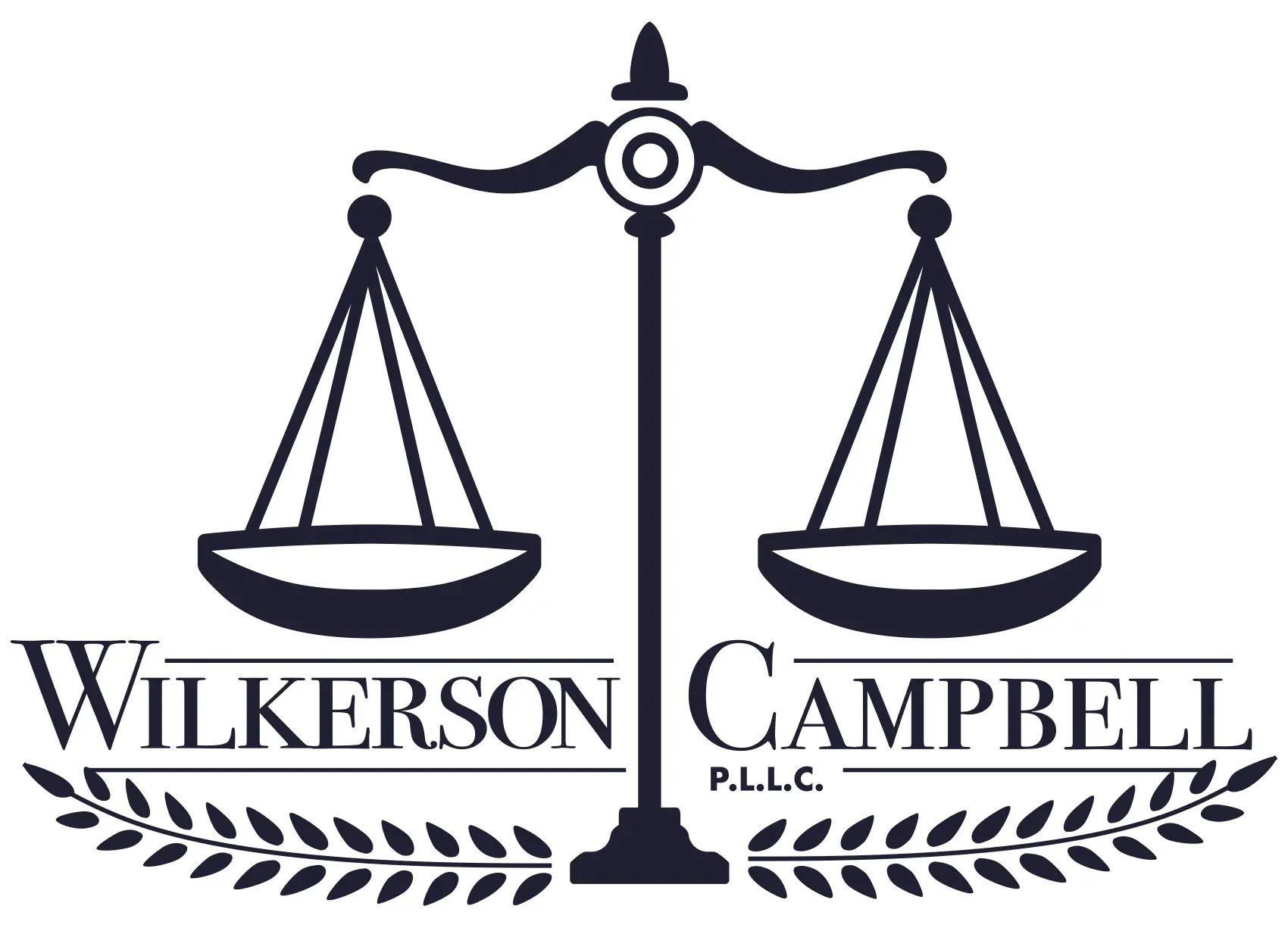Charging
In Texas, the charging process is a critical phase in the criminal justice system, marking the formal initiation of legal proceedings against an individual accused of a crime. This process involves the filing of specific legal documents—complaints, informations, or indictments—each serving to formally allege that a person has committed a particular offense.
1. Initiation of Charges
The charging process typically commences when law enforcement officers or prosecutors determine there is sufficient evidence to accuse someone of a crime. Depending on the nature and severity of the alleged offense, different charging instruments are utilized:
Complaint: A sworn statement filed by a credible person, often a law enforcement officer, alleging that the accused has committed an offense. This is commonly used for initiating misdemeanor cases.
Information: A formal accusation made by a prosecutor, based on a complaint, charging an individual with a misdemeanor. An information must be supported by an affidavit from a credible person. (Justia Law)
Indictment: A formal charge issued by a grand jury, typically used for felony offenses. The grand jury evaluates evidence presented by the prosecutor to determine whether there is probable cause to believe the accused committed the crime.
2. Grand Jury Proceedings
For felony cases, the Texas Constitution requires that charges be initiated by an indictment. A grand jury, comprising citizens, reviews the evidence presented by the prosecution. If the grand jury finds probable cause, it issues a “true bill,” leading to an indictment. If not, a “no bill” is returned, and charges are not filed.
3. Arraignment
Following the filing of charges, the accused is brought before a court for an arraignment. During this proceeding:(texasdefenders.com)
The charges are formally read to the defendant.(texasdefenders.com)
The defendant is informed of their rights.
The defendant enters a plea: guilty, not guilty, or no contest.(texasdefenders.com)
The court may address bail and set future court dates.
Arraignment ensures that the defendant understands the charges and can prepare an adequate defense.
4. Amendments to Charges
Under certain circumstances, prosecutors may seek to amend the charging instruments to correct errors or add additional charges. Texas law permits such amendments, provided they do not prejudice the defendant’s rights. For instance, Article 28.10 of the Texas Code of Criminal Procedure governs the process for amending indictments or informations, aiming to promote judicial efficiency while safeguarding the defendant’s rights. (Texas DCAA)
5. Importance of Legal Representation
Navigating the charging process can be complex, and the implications of formal charges are significant. It is crucial for individuals facing criminal charges in Texas to seek competent legal representation promptly. An experienced criminal defense attorney can:
Evaluate the validity of the charges.
Advise on plea options.
Represent the defendant during arraignment and subsequent proceedings.
Work to protect the defendant’s rights throughout the criminal justice process.
Understanding the charging process is essential for anyone involved in the Texas criminal justice system, as it sets the stage for all subsequent legal proceedings.
Categories
- No categories
